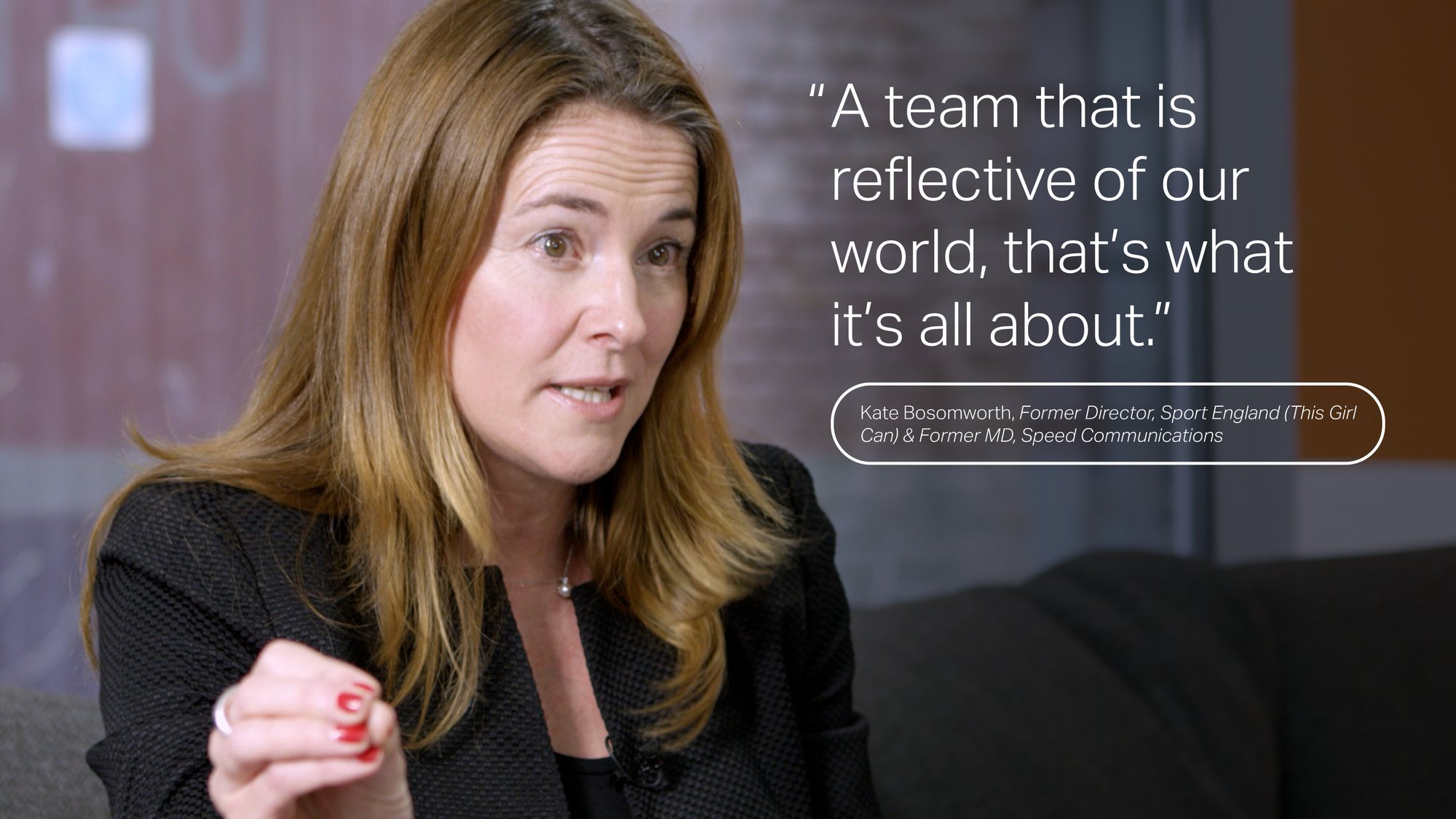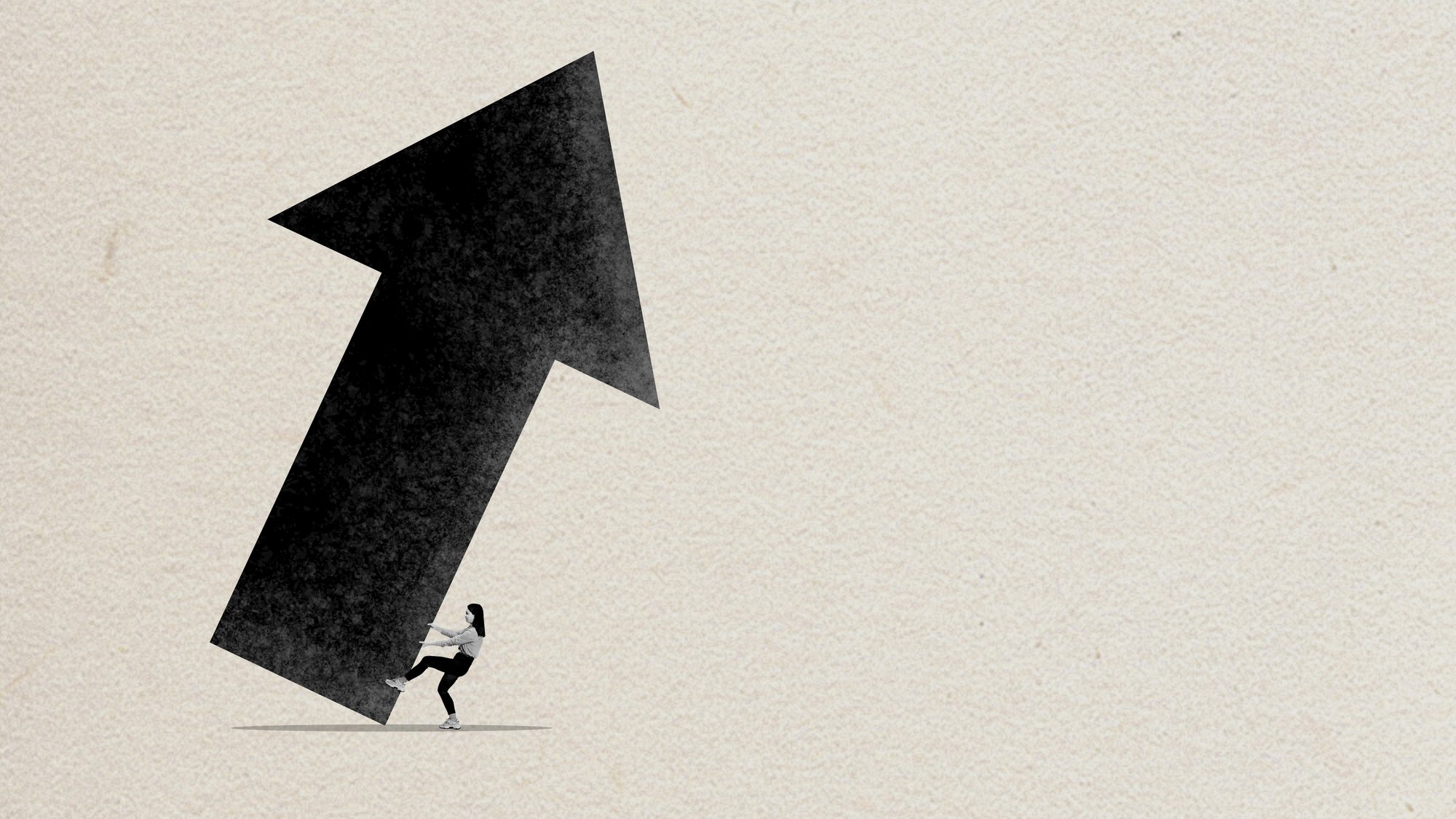International Womens Day: Gender Equality in Business

Nine years ago I made this film about gender equality in the workplace to mark International Women’s Day (IWD).
I watched it again just recently. And sadly, it’s still on point. Nothing has changed.
In fact, according to UN data we’ve gone backwards.
They state that it will take 286 years to close gender gaps in legal protection and remove discriminatory laws against women. 140 years are expected for equal representation in positions of power. And at least 40 years to achieve gender parity in national parliaments.
These numbers are truly alarming.
And, given the current political climate, it’s crucial to note the importance of DEI in fostering true, fair and sustainable gender equality.
As our marketing intern Zoe Cooke notes in a previous blog, recent DEI rollbacks are a huge threat to progress.
And it’s vital for employers to account for all factors, including race, disability, LGBTQIA+ identity, and socioeconomic backgrounds.
Our film features a number of people from a wide range of industries: banking, football, energy, manufacturing, charities.
They are leaders of businesses; women and men sharing their perspectives on the need for:
- role models and allies
- a pipeline of talent
- a workplace where people can speak up (psychological safety)
- equal opportunity and reward
- awareness of behavioural bias
And almost a decade later, the same call to action persists today.
So, what can communicators and marketers do to support gender equality within the workplace?
Gender Equality: Changing the Landscape

We can’t necessarily change business policy or practices. But, we can influence change through the way in which we put content out into the world.
A quote from Zoe Saldana’s character, Rita, in the recent film Emilia Perez comes to mind:
Changing the body changes society. Changing society changes the soul. Changing the soul changes society. Changing society changes it all.
We, with the platform to do so, need to change the body of communication – naturally – to reflect the world we want to see.
If we want our audience to take action, we need to show that we understand them. We need to give the right information in a clear, direct, compassionate way.
You see, I think the vast majority of people are, perhaps unknowingly, on the same side.
In 2019, research from GWI Business Leaders found that:
Over 70% of people like to be surrounded by different people, cultures, ideas, and lifestyles. People want to be allowed to be themselves.
And recent research from Cambridge University Press shows that ‘people have a stable preference for doing what they understand to be the morally right thing in a given situation.’
It’s true that a recent alarming survey from Channel 4 showed that nearly 50% of Gen Z felt that equality had gone far enough. But it’s not clear what they were reacting to.
What’s the Problem: the Message or the Change?

I’ll admit that I sometimes feel tired by all the change I think we need to go through.
I bet you do too.
That doesn’t mean that I disagree with the message.
It is hard work to achieve it.
As Grayson Perry said in his brilliant book ‘The Descent of Man’;
Has modern man always been in crisis because his ‘instinct’ to feel superior is at odds with the central concept of the modern world post-Enlightenment, that we humans are all equal?
As communicators, we can do the following:
- Check for authentic representation of every community in our work
- Use the voices of women in our work so that they reflect the society we represent
- Check our language to make sure we’re not being biased in what we do
- Welcome debate that helps build a better planet. And remembering that with free speech comes responsibility, equality and respect*
- Fight to get fairer representation in our own teams.
Final Thoughts
I’m hopeful that things will have changed dramatically in another eight years.
Progress is possible, but only if we keep pushing. Let’s not just hope for change—let’s make it happen.
What conversations can you start today?
What actions can you take within your organisation to drive meaningful progress?
*thanks to Billy Bragg





